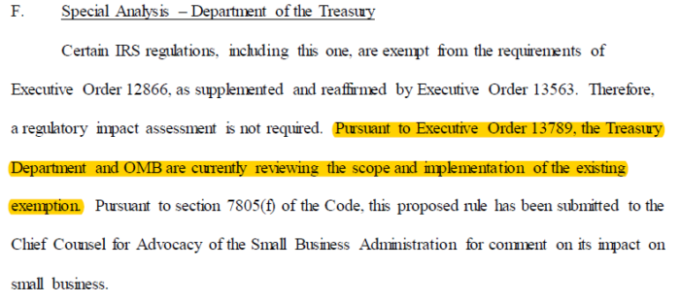Washington, DC – July 3, 2018 – Cause of Action Institute today announced that it is taking on the representation of the TABOR Foundation in its ongoing lawsuit TABOR Foundation, et al. v. Colorado Department of Health Care Policy & Financing, et al. The case argues that the state has violated Colorado’s Taxpayer’s Bill of Rights (“TABOR”) by using a hospital provider tax to artificially increase costs and then collect higher reimbursements from the federal government under Medicaid.
“TABOR requires that the state get consent from the people before raising taxes. But for the past eight years the state of Colorado has been taxing hospitals by hundreds of millions of dollars to fleece the federal government without the required TABOR vote. The TABOR Foundation is rightly pushing back on the sweetheart deal that leaves taxpayers stuck with the bill,” said James Valvo, Counsel and Senior Policy Advisor at Cause of Action Institute.
“The people of Colorado are confronted with actions taken by the legislature and the governor to damage their constitution. The Hospital Provider program was built on a lie, then made much worse. The people should get a final vote on tax increases and new government debt, but that was taken from them in a dishonest power grab by elected officials,” said Penn R. Pfiffner, Chairman of the TABOR Foundation. “The TABOR Foundation is grateful that Cause of Action Institute has stepped in to allow this lawsuit to go forward. Its participation supports all the citizens of Colorado to reverse the corrupt government actions and to allow the people once again to control their state government.”
TABOR Foundation v. Colorado Department of Health Care Policy & Financing is an ongoing Colorado state court lawsuit that began in 2015 challenging a hospital provider tax levied by the state and used to increase Medicaid reimbursements. Under TABOR, new taxes cannot be collected without a vote of the people. The TABOR Foundation’s challenge argues that the hospital provider charge, that is currently reimbursed under Medicaid from the federal government, is in fact a tax and violates the TABOR amendment in Colorado’s state constitution because the state did not hold the required vote.
The case also argues Senate Bill 17-267, which converted the hospital provider tax from the Department to a newly created enterprise, violated the Colorado constitution’s single-subject requirement and failed to comply with the state excess revenue cap, which limits the amount of revenue the state can keep and spend.
Cause of Action Institute will be requesting summary judgment from the Colorado state district court on behalf of the Plaintiffs.
For more information, please contact Mary Beth Gombita, mbgcomms@gmail.com.


